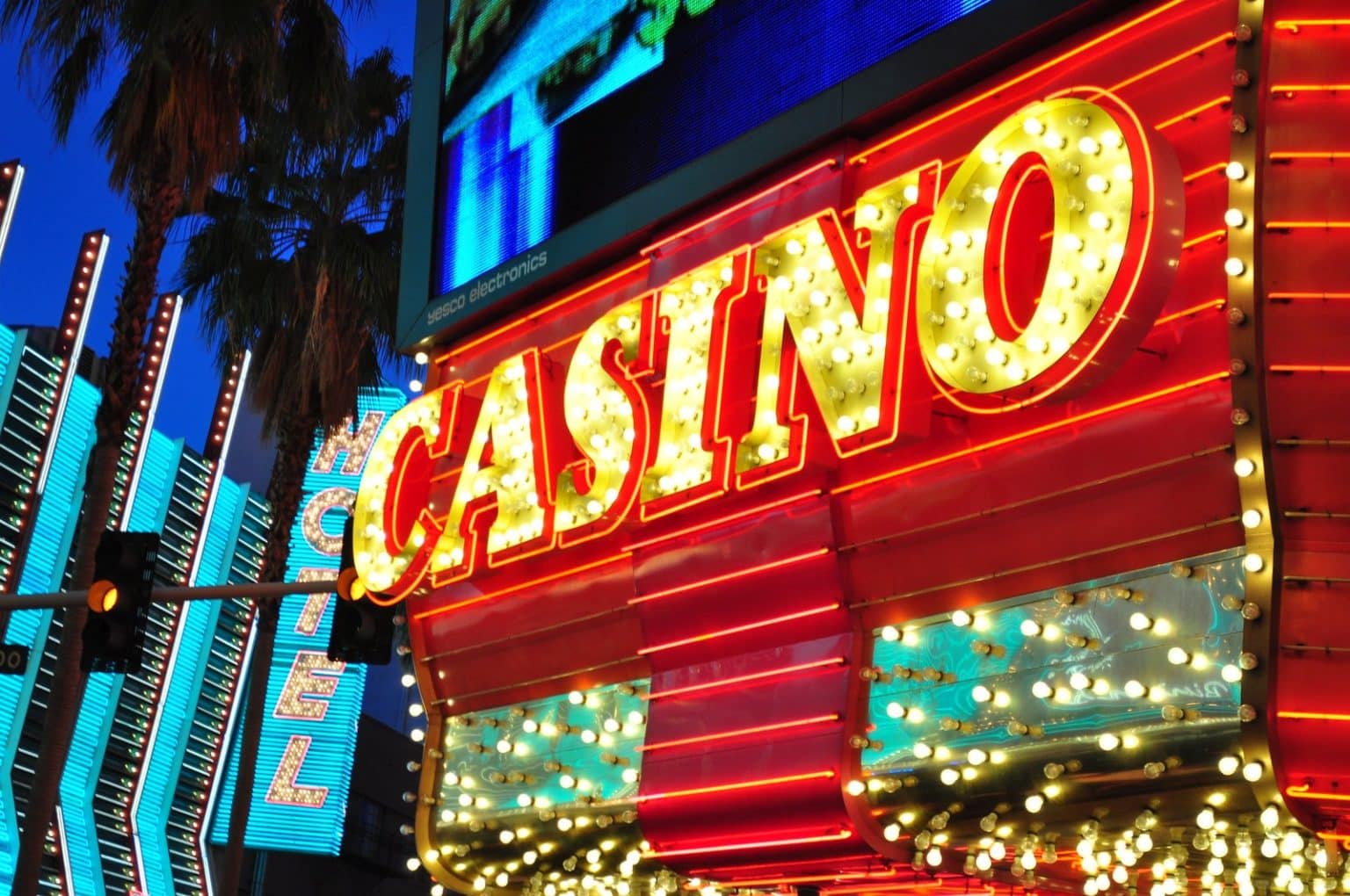
In the world of gambling, where chance and strategy meet, a unique tapestry of beliefs manifests—one that intertwines luck, fate, and the enigmatic nature of casino games. Casinos, bustling with excitement and anticipation, are not just spaces for placing bets; they are also arenas where superstitions thrive. From the novice player to the seasoned gambler, these mysterious practices often shape how individuals approach the games they play, believing that their actions can affect the outcome in ways that go beyond mere probability.
As players gather around roulette wheels, blackjack tables, and slot machines, the atmosphere is thick with stories of lucky charms, rituals, and codified behavior that defy logic yet provide a sense of comfort. It could be the case that it’s wearing a specific outfit, following a particular sequence of bets, or even avoiding certain numbers, the attachment to various superstitions reflects a deep-rooted desire to master the uncontrollable. This article delves into the captivating world of casino game superstitions, investigating the beliefs that simultaneously entertain and mystify those who dare to play.
Historical Origins of Superstitions
Casino activities have long been interwoven with an host of superstitions that go back to ancient cultures. The origins of these ideas can be associated to humanity’s fundamental need to influence the unpredictable outcomes connected with luck and randomness. In ancient civilizations, activities of chance were often tied to religious practices. Players would seek blessings or ask for favor from gods, believing that their actions could influence the odds in their favor. This foundation laid the groundwork for the multitude of superstitions that spread as betting evolved over time.
During the medieval age, gambling became a widespread hobby across Europe, and with it, a diverse tapestry of superstitions emerged. goksites zonder cruks Participants adopted numerous rituals and charms, believing they could affect the outcome of games. The significance of digits, in particular, started to manifest in superstitions related to card games and dice. The number seven was often considered lucky, while different numbers carried unfortunate connotations. These beliefs mirrored the cultural contexts of the time, changing as they passed through generations and changed to emerging gaming environments.
As gaming establishments appeared in the 1600s, particularly in the Italian peninsula and France, the atmosphere surrounding gambling became imbued in enigma. The growing availability of casino games allowed for the expansion and variation of superstitions among players. Concepts like lucky charms, special seating arrangements, and rituals gained prevalence, creating a unique culture within betting houses. As these practices continued to thrive, they became fundamental to the identity of gambling activities, illustrating how historical developments and culture shape the belief systems that influence how gamblers connect with fortune.
Common Casino Myths
Beliefs surrounding casino activities are plentiful and varied, mirroring the dreams and fears of players as they engage in chance-based games. One of the most common beliefs is that specific numbers bring fortune or bad luck. For example, the number 7 is often seen as a favorable number, frequently embraced by players looking for a positive outcome. Conversely, the number thirteen is routinely considered cursed, leading many gamblers to steer clear of it during their gambling periods.
Another common superstition relates to rituals that gamblers believe can influence their odds. It could be blowing gently on the dice before a roll, using a specific hand to place a bet, or even wearing specific items of attire, many individuals feel that these rituals can tilt fate in their benefit. These practices offer a feeling of power in an otherwise unpredictable environment, strengthening the idea that luck can be manufactured through personal convictions and habits.
Lastly, the ambiance and atmosphere of the casino itself contributes to myths. Many players suggest that the presence of specific symbols, such as four-leaf clovers or lucky tokens, can enhance their chances of winning. Additionally, gamblers might adhere to the notion that winning streaks can be halted by mundane occurrences, such as a person walking past or a spill at the gaming surface. The collective environment in a casino can amplify these superstitions, creating a communal culture of superstitions that transcends individual experiences.
Impact of Superstitions on Players
Beliefs play a important role in the psychology of gamblers, often influencing their behavior and choices. Numerous gamblers think that fortune can be influenced through different rituals, such as donning a talisman, selecting specific colors, or avoiding certain numbers. This dependence on superstitions can create a feeling of control in an environment that is intrinsically unpredictable. Players often feel more confident and engaged when they think that their actions could sway the result of a game in their advantage.
The impact of these superstitions extends past individual players, affecting the overall atmosphere inside the casino. For instance, a player who holds the belief in the luck of a particular slot machine might attract a crowd, as onlookers are intrigued by their apparent luck. This collective belief can heighten excitement and create a lively environment, leading to an engaging experience even for those who may not necessarily be believers themselves. The excitement around specific games can lead to increased participation and extended playing sessions, supporting the casino’s lively social scene.
In some cases, superstitions can lead to harmful effects for players. Depending too heavily on rituals can result in bad gambling decisions, as some may ignore basic strategies in favor of unfounded beliefs. Additionally, the stress to perform rituals may increase anxiety and tension, diminishing from the enjoyment of the experience. Ultimately, while superstitions can enhance the excitement of playing casino games, they can also lead to poor choices that overshadow the enjoyment and amusement intended in the casino experience.
